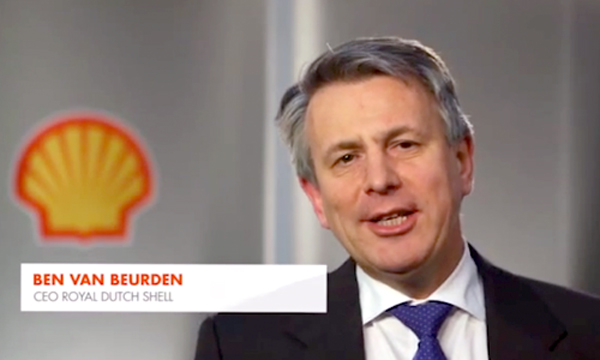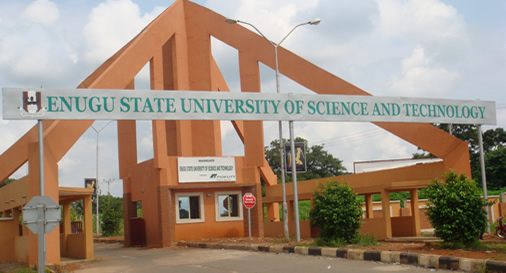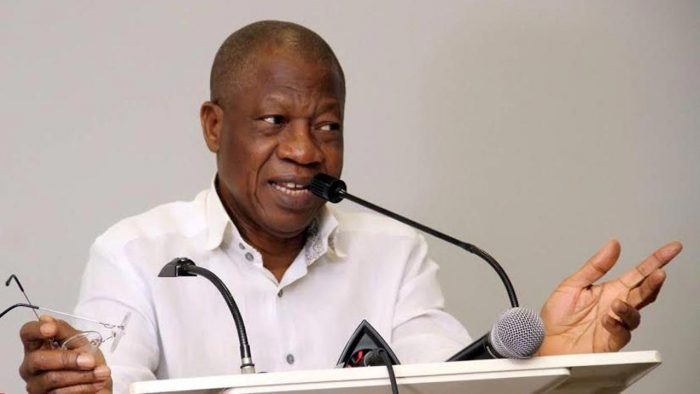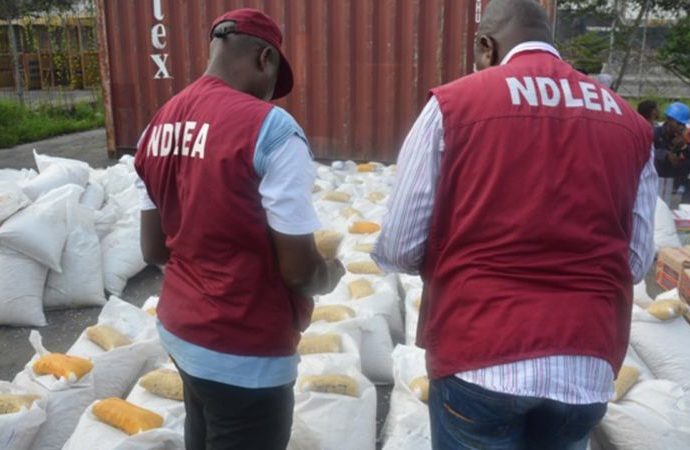$1.3b Malabu scandal: Finally, Shell admits it knew Etete would benefit from deal

Following intercepted telephone conversation between Shell’s chief executive, Ben van Beurden, and his then chief financial officer, Simon Henry, oil giant, Shell, has finally confessed it knew former oil minister, Dan Etete, would benefit from the $1.3 billion used as settlement for the acquisition of Nigeria’s riches oil bloc ‘OPL 245.
It would be recalled that before now, Shell and ENI had denied being in the know that Etete would benefit from the deal before settlement agreement that was reached with the Goodluck Jonathan’s government in 2011.
“Over time, it became clear to us that Etete was involved in Malabu and that the only way to resolve the impasse through a negotiated settlement was to engage with Etete and Malabu, whether we liked it or not,” spokesperson for Shell, Andy Norman said on Tuesday.
The Dutch oil giant knew the Nigerian government “would compensate Malabu to settle its claim on the block,” Norman added.
The deal saw Shell and ENI secure ownership of the bloc after paying $1.1 billion to Malabu through a Nigerian government account. Another $200 million had earlier been paid by Shell.
“Shell was not aware that that money was to be paid to Malabu,” Precious Okolobo, communications officer with Shell Nigeria, once said.
“As we have previously stated, no payments were made by any Shell company to Malabu Oil and Gas in relation to the issuance by the Federal Government of Nigeria (FGN) of the OPL 245 licence to Shell Nigerian Exploration & Production Ltd and Nigerian Agip Energy (NAE).” Andrew Vickers, Shell’s Vice President NGO and Stakeholder Relations, said in a 2015 letter to Global Witness, an anti-corruption campaigner.
Shell and Italy’s ENI had issued other similar denials since then.
Despite the new development, Shell officials still maintained that they “believe that the settlement was a fully legal transaction.”
Global witness said in a statement that the leaked phone conversations of Shell executives forced the company to finally give in.
“This is a huge U-turn that reveals Shell’s duplicity,” Simon Taylor, founder of Global Witness said.
“For six years it has asserted it only paid the Nigerian government, insisting it has “never been anything but transparent” about the deal for the oil block, and that its actions were “morally OK”.
“Now its private emails have come to light, Shell has admitted it dealt with Etete – a convicted money launderer – to ensure it got its hands on this valuable oil block, at the expense of the Nigerian people.
“This shows that Shell has not only knowingly deprived a country of life-saving funds, but has repeatedly misled its investors and the broader public over this corrupt deal.”
Etete, who was petroleum minister under Sani Abacha, had awarded the oil block to Malabu, a company he partly owned alongside Mohammed, Abacha’s son, in contravention of Nigerian laws.
The OPL 245 oil block, believed to contain more than nine billion barrels of crude oil, is considered one of the richest oil blocks in Africa.
According to documents leaked to Finance Uncovered on the Malabu oil deal, revealed that the international chief executive officer, CEO of Shell, Ben van Beurden was placed under secret surveillance as part of a pan-European corruption investigation into the way the firm paid $1.3 billion for Nigeria’s oil bloc OPL 245.
The leaked information included a recording of a wiretapped telephone conversation between Shell’s Van Beurden, and his then chief financial officer, Simon Henry after a raid by Dutch financial police on the corporation’s headquarters in The Hague.
In the 14-minute tape, van Beurden was heard discussing the raid earlier that day in which thousands of documents relating to a deal it struck in Nigeria were seized – a deal currently being investigated over allegations that $1.3 billion was wired to Dan Etete.
Beurden was heard on the intercept warning Henry not to volunteer any information that is not requested if approached by the police and discussing the ramifications for the company’s share price.
In one extraordinary passage, he said “loose…pub talk” by two former MI6 operatives the company had employed to gather intelligence in Nigeria ¬– and who had speculated which politicians might get “payoffs” if Shell secured the deal.
The conversation was said to have taken place in February last year when Dutch authorities raided Shell’s headquarters after a request from counterparts in Italy.








